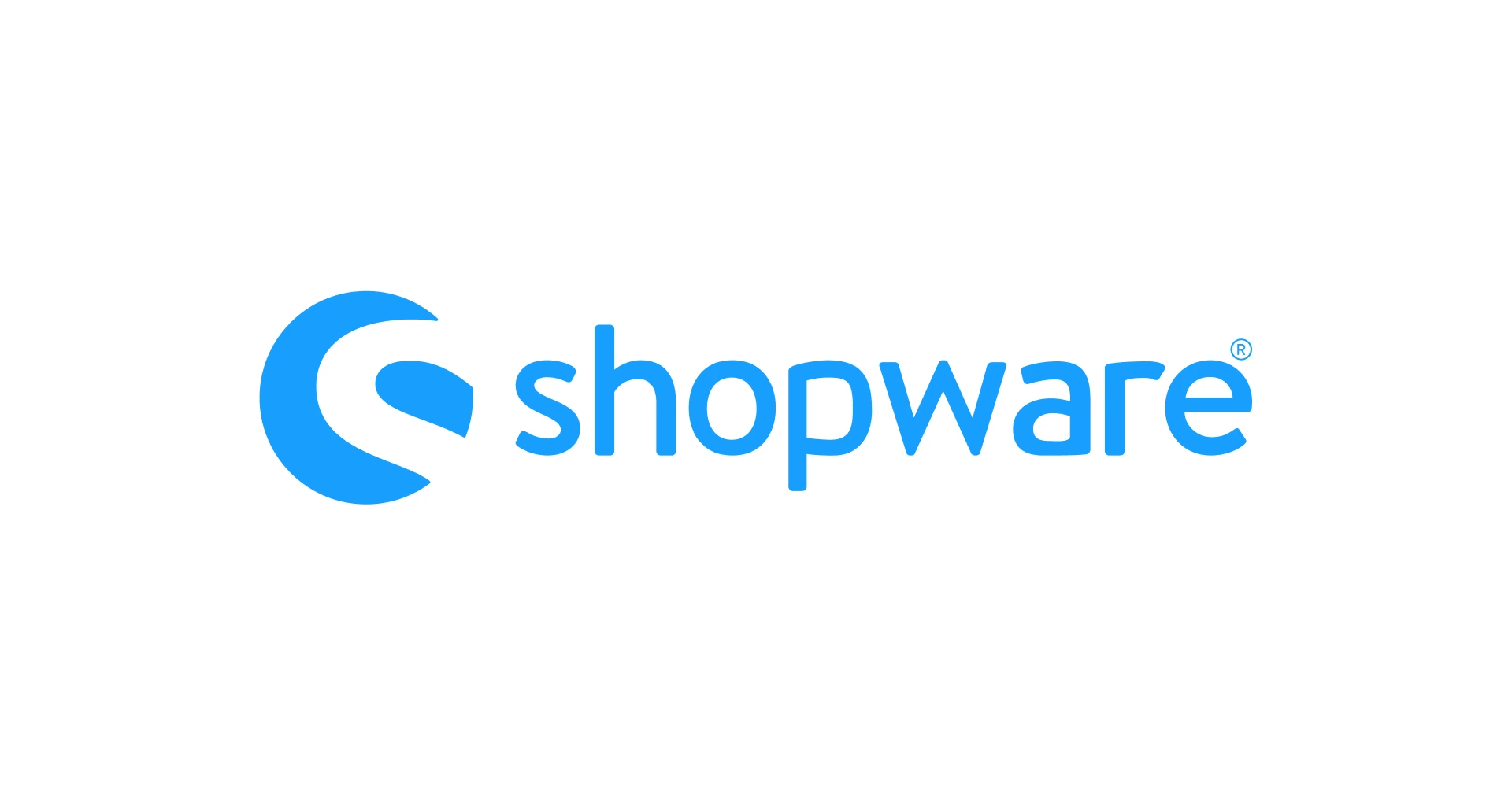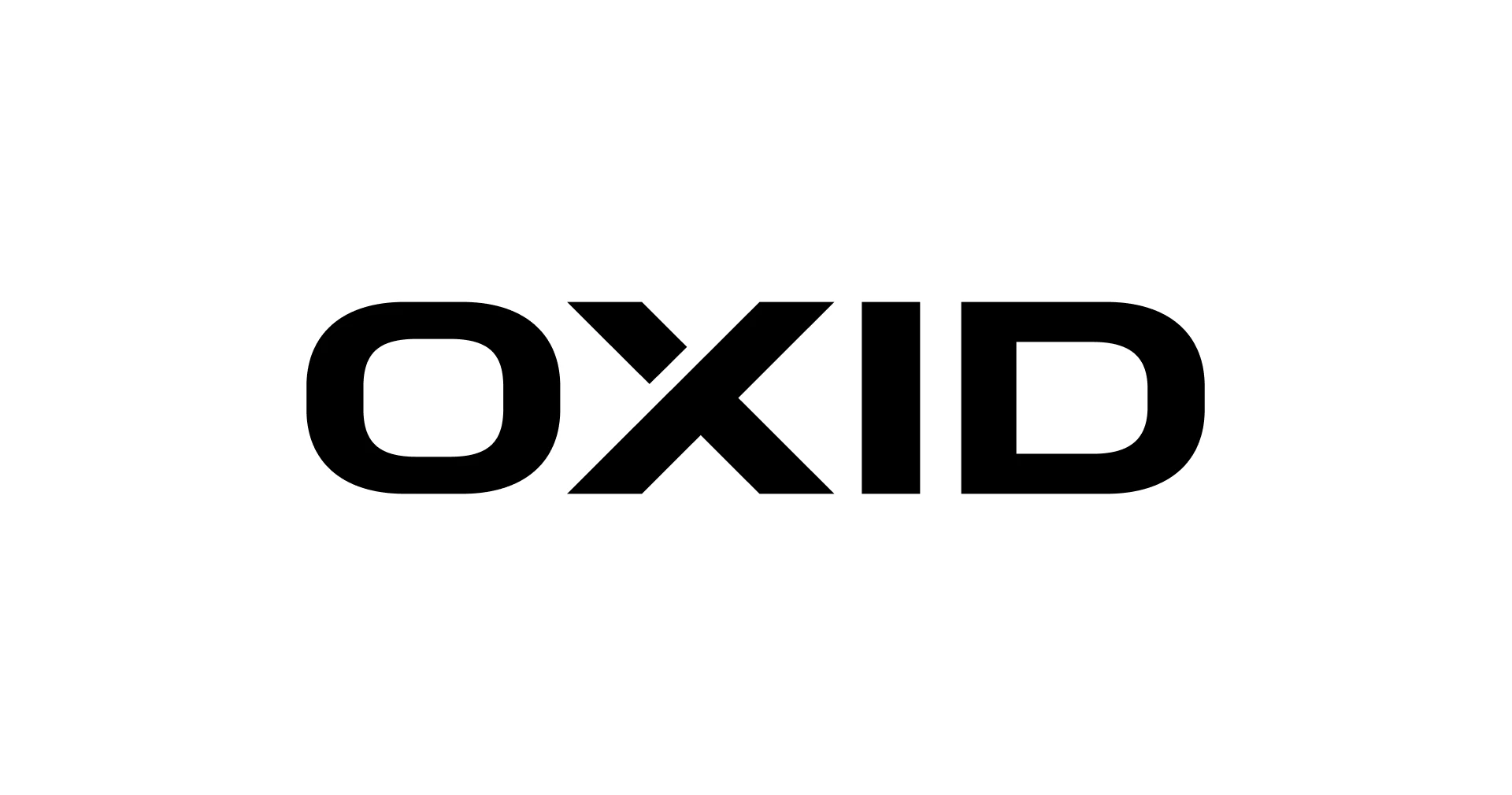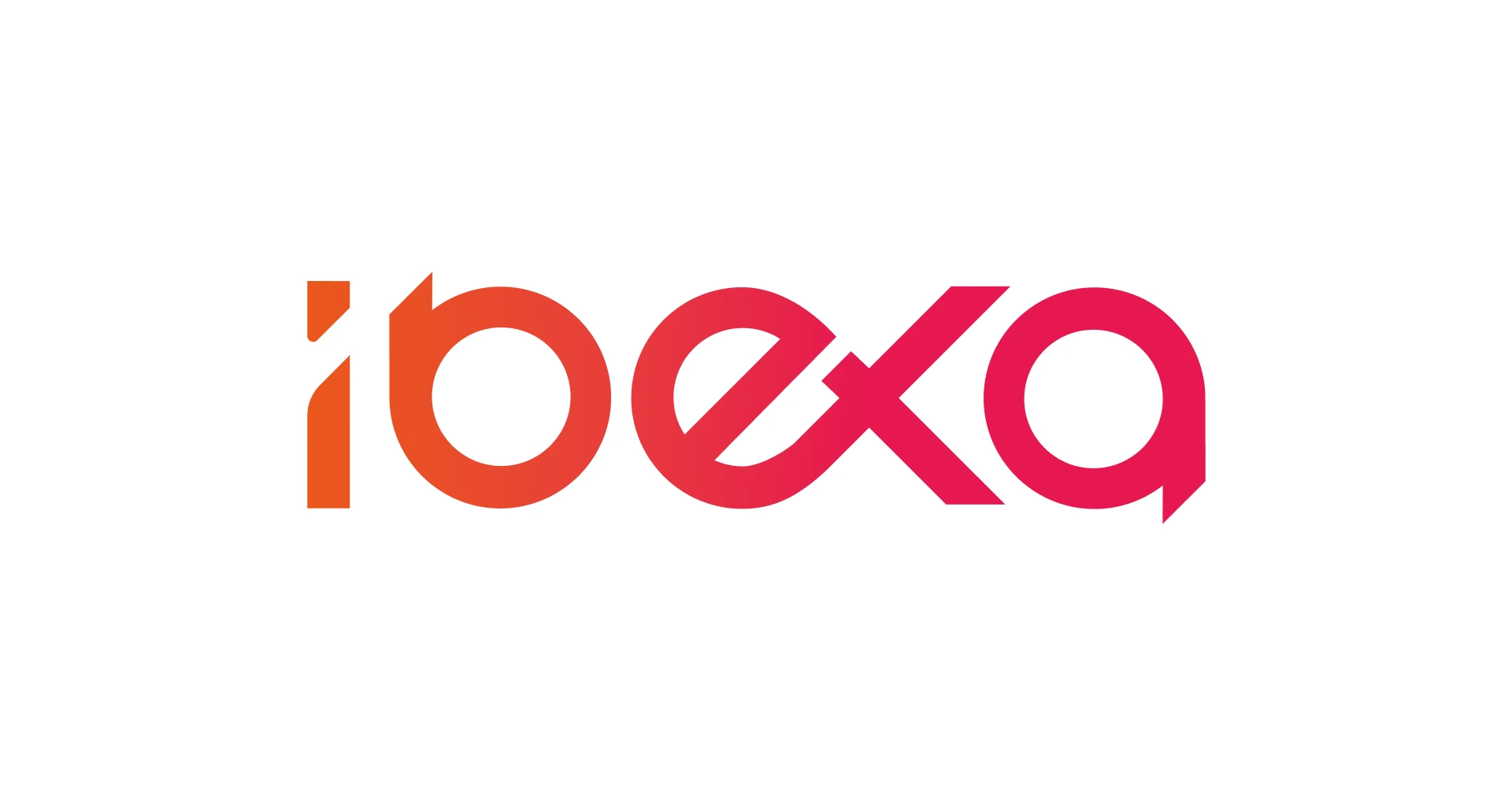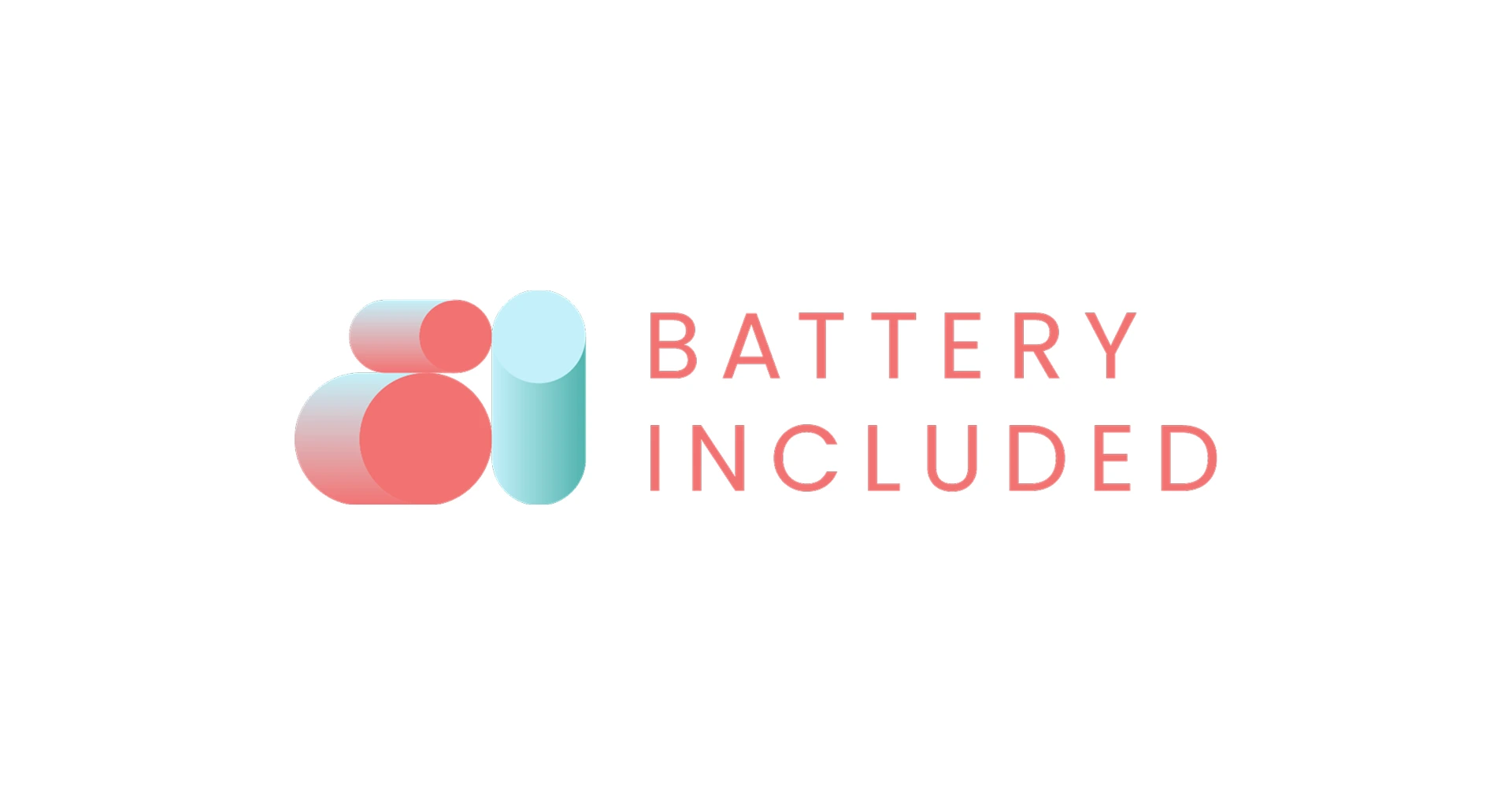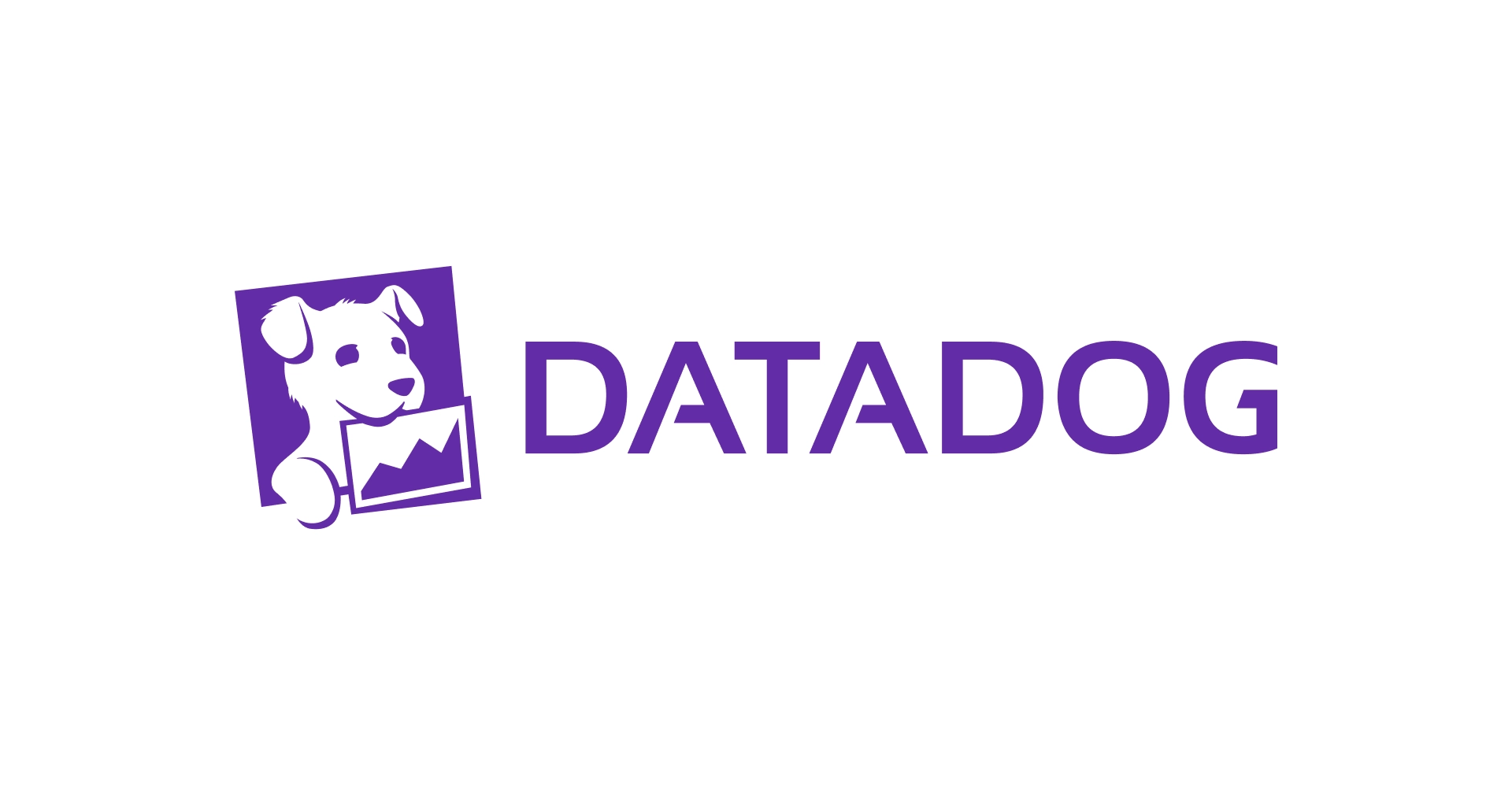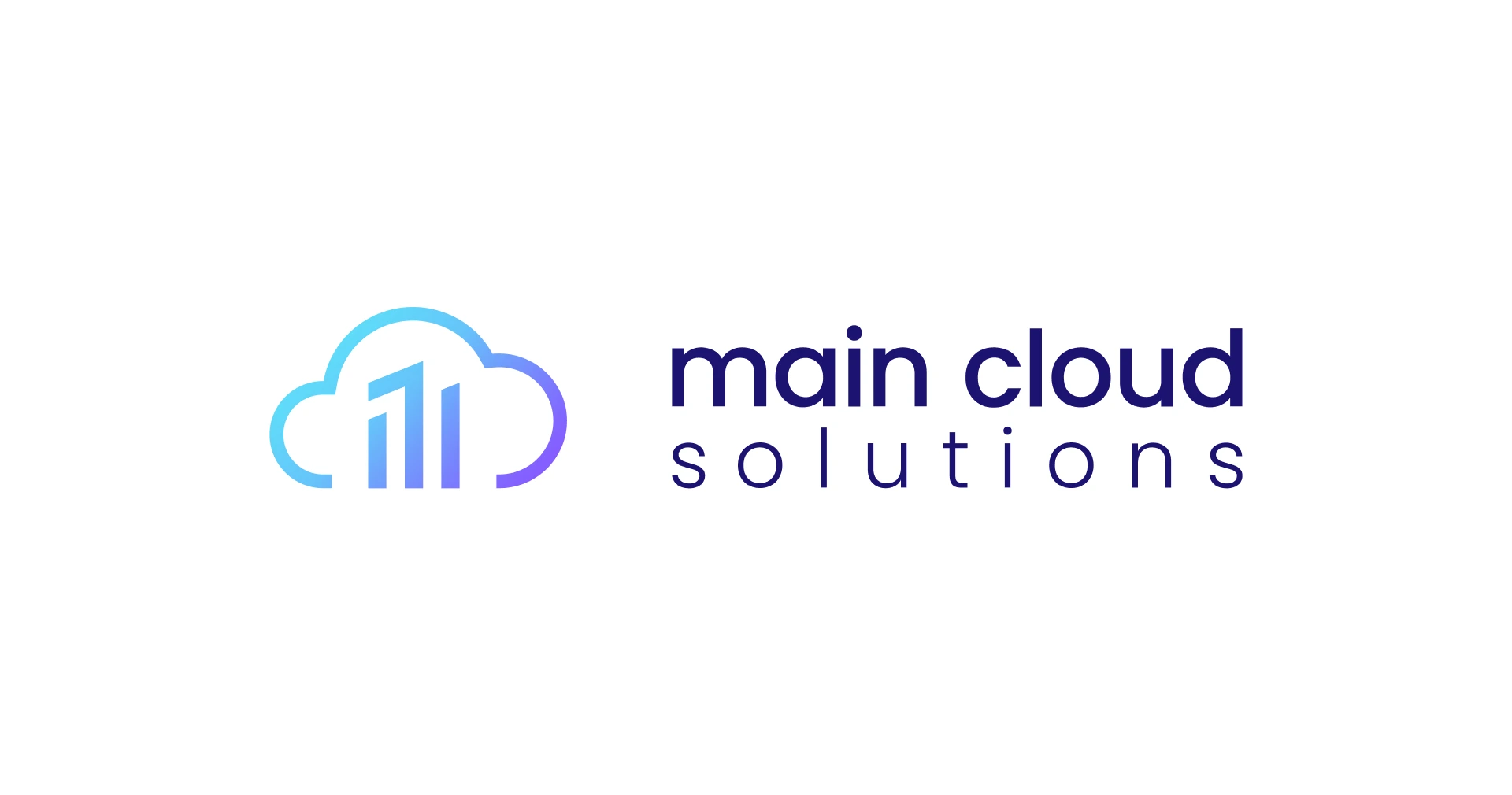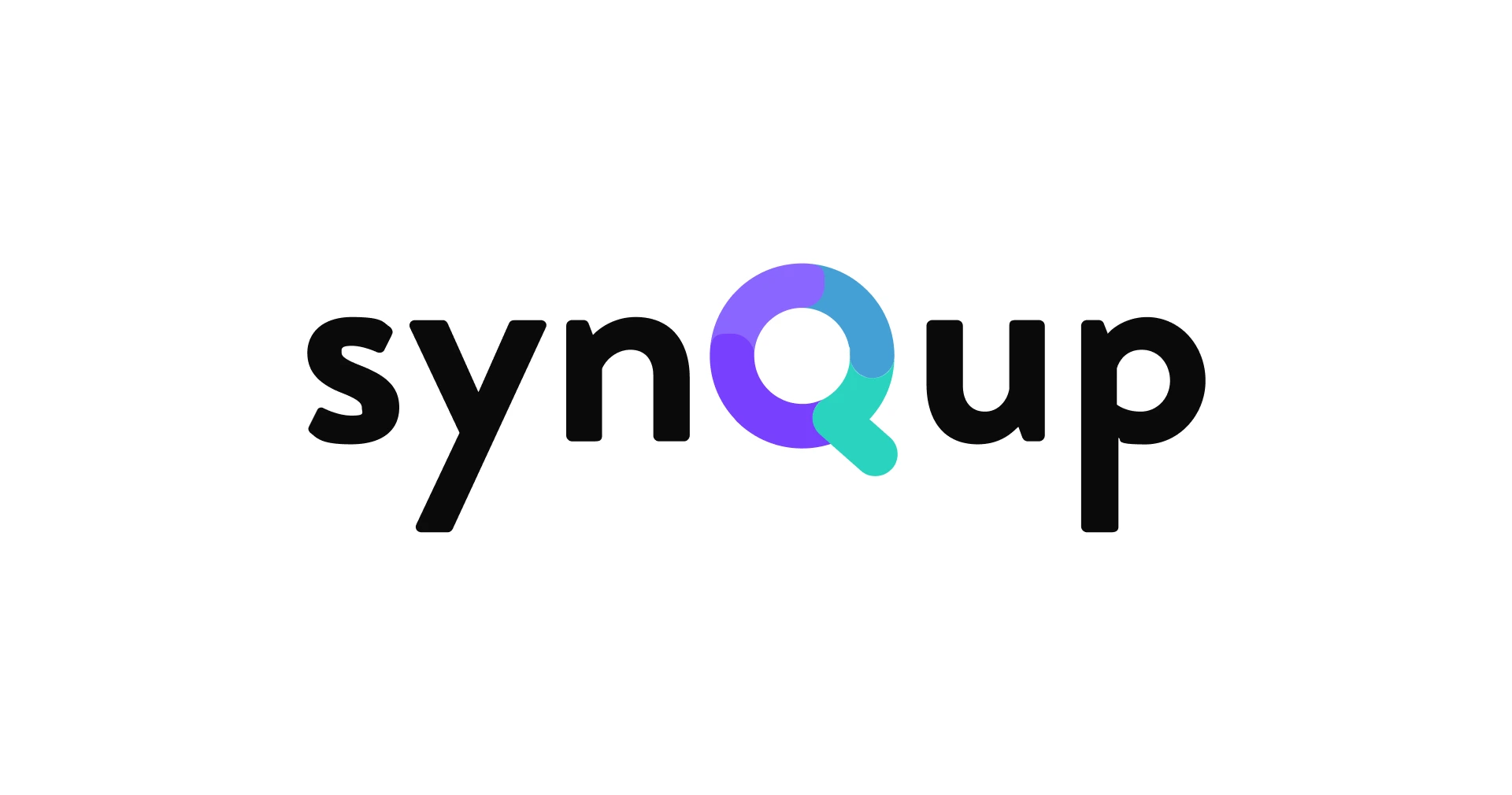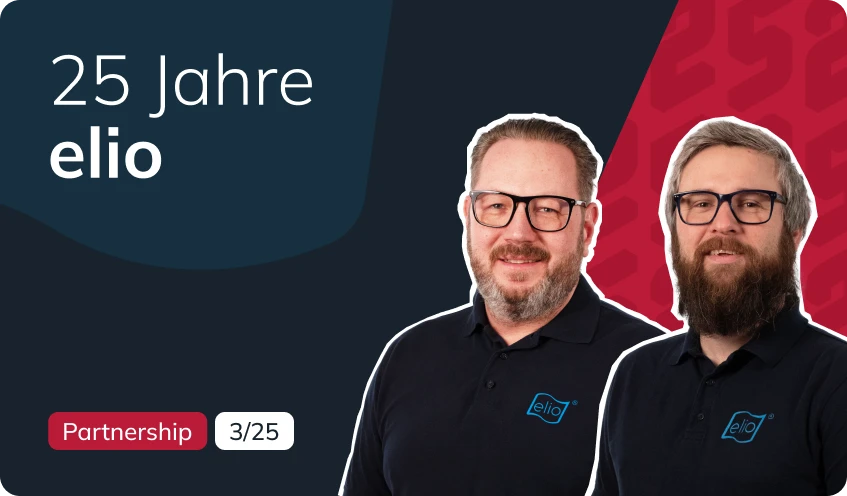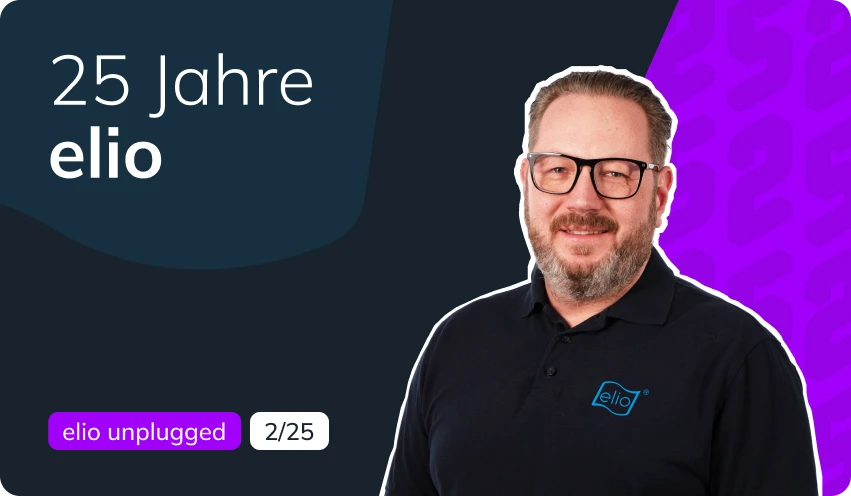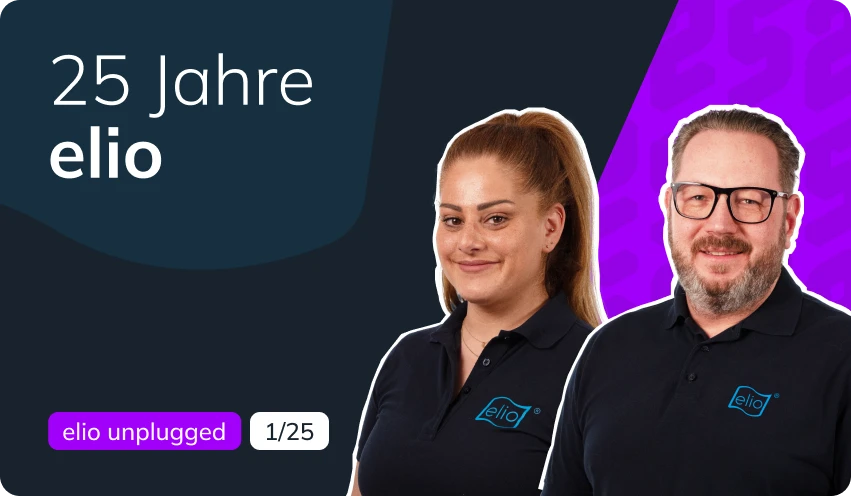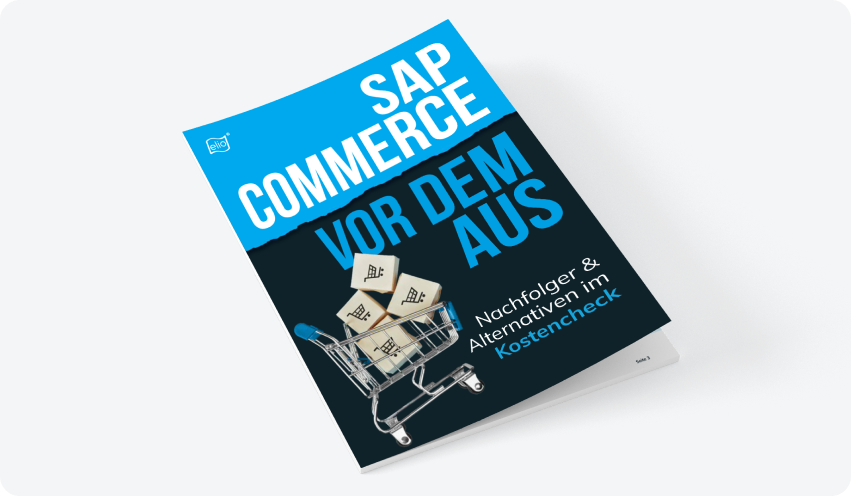Shopware 6 migration in 12 months: How Krannich and elio will achieve this together
For the B2B shop of Krannich Solar GmbH & Co. KG, it was clear that a migration to Shopware 6 with a high degree of customisation and a complex connection to the company's own ERP system could only succeed with the right partner. Read here how Krannich Solar realises this ambitious project together with elio in just one year.
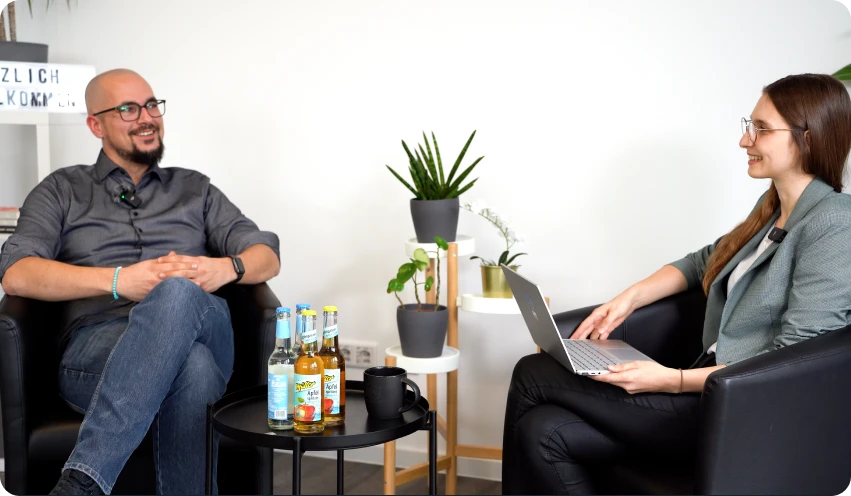
The digital transformation is in full swing, and the solar industry is also utilising its opportunities to position itself for the future. Krannich Solar GmbH & Co KG, one of the leading providers of photovoltaic components and solutions in the B2B sector, has set itself an ambitious goal: switching from Shopware 5 to the modern Shopware 6 platform. The existing shop has provided solid service for many years, but has reached its limits when it comes to the requirements of an increasingly digitalised and personalised B2B world. The new system should not only create the basis for further growth, but also optimise processes through a seamless connection to the in-house ERP system.
Such a project not only requires clear goals, but also the right partner to help realise this vision. Krannich chose elio, an experienced service provider characterised by expertise and a partnership-based approach.
In this interview, Magnus Lehrieder, Head of E-Commerce at Krannich, gives Alicia Weigel, Online Marketing Manager at elio, exciting insights into the first three phases of the project. He sheds light on why the migration was necessary, the challenges that had to be overcome on the way to a highly customised B2B shop and the crucial role played by a modern iPaaS solution.
Magnus: The price pressure on the market is enormous. We are countering this by streamlining and simplifying our processes. On the one hand, of course, we are doing this to increase efficiency, but on the other, we are always focussing on the customer. In the end, it is always better for them if we can make everything leaner and more transparent. A good example of this is the self-service area. There is also an increasing demand for something like this in the B2B sector, a kind of shopping feeling like Amazon. That's where we want to go with our B2B shop - even if this is of course associated with completely different challenges. For example, we have integrated a whole range of functionalities into our shop that are simply not needed in B2C.
Alicia: Speaking of the B2B shop. You at Krannich have had a shop for several years now.
Magnus: Yes, that was actually the case very early on. It was even before my time at Krannich, although I've been with the company for over nine and a half years. That must have been around 2011 or 2012. As far as I know, we were also the first in the industry in Europe to have our own shop. The shop was also in operation for a very long time.
Alicia: How was the shop designed back then, as a purely in-house project or with a service provider?
Magnus : With a service provider. In the B2B environment, you very quickly reach the point where you can no longer manage it on your own. You need specialised staff for the shop system you have decided on. Nobody can do that in-house. This is particularly relevant now that we want to roll out a new shop generation. For such projects, you need enormous capacities for the project period. That's why it's important for me to work with an external partner like elio.
Alicia: Your first, self-developed shop went online in 2011 or 2012. What major milestones have you achieved since then?
Magnus : The biggest milestone was changing the shop system. We switched from an on-prem system to a classic B2B system, Shopware. At that time, it was still Shopware 5, which we developed and refined. We initially launched a small system very quickly using the MVP approach, which worked well for us. In my view, a B2B shop is always just a basic framework that needs to be continuously developed. In the B2B sector in particular, it is important to make processes transparent for customers and to individualise them more and more. We have achieved a lot in this area with our Shopware 5 shop. We are now working in parallel with elio and synQup to realise the shop on the basis of Shopware 6.
Alicia: This is also important in view of the fact that Shopware 5 has already discontinued security support in August 2024.
Magnus: Exactly, Shopware 5 has reached the end of life. The relaunch is therefore inevitable. Looking back, the decision in favour of Shopware 5 was exactly right at the time. Of course, we still looked at other shop systems for our selection. But we can say: this is our technology and our platform on which we see ourselves in the future.
Alicia: What else convinced you about Shopware?
Magnus : The large community behind Shopware and the wide distribution in Europe. This means that we have many partners with whom we can implement such projects, and there are numerous developers who enable customisation. This is also the core of our project: we work as closely as possible to the standard, but customisation is often unavoidable.
Alicia: In other words, because of the high degree of customisation alone, it was clear to you that you needed a service provider?
Magnus: Actually, it was never a question for us to carry out such a project internally. Quite simply because we know how much customisation we need. We demand a lot of customisation from ourselves and that is only possible with a partner. We need external support at the speed at which we envisage the project.
Alicia: How quickly do you want the project to be finished?
Shopware expertise required?
Alicia: What exactly did elio do to convince you? There were a few other agencies in the running?
Alicia: How do you see that specifically?
Magnus: One issue is that we traditionally have direct contact with the developers in addition to working with project leaders, project managers and so on. We try to realise a pace through this and deliberately not play silent mail between our two companies. The actual makers, i.e. those who program the lines of code and bring them into the shop, also exchange ideas and try to synchronise our two systems. This is particularly important when integrating our systems. Our biggest challenge is connecting our ERP system to the shop.
Alicia: I can imagine that. How are you tackling this challenge?
Magnus: With synQup, we are introducing an interface that we tested extensively before deciding in favour of elio. Our ERP system is an in-house development, so it makes sense to use a system like synQup. In our company, we like to call it a data hub. Ultimately, we are moving away from the classic system structures, where we tried to connect individual systems with each other, towards a central system in the centre as a hub where I can connect every system. This also opens up completely different possibilities for the future.
Alicia: Sounds exciting. But from the future back to the present. How far along are you with the Shopware 6 project?
Magnus: As you know, the partner and agency selection has been finalised and we have carried out a detailed scoping phase with you to identify key issues. We then started the concept phase, in which we examined the necessary customisations - in some cases without additional development. The result is a comprehensive concept series that has now been finalised. At the same time, elio has already implemented the first developments and some plugins are ready. Next, we will receive the test system to familiarise ourselves with Shopware 6 and test the first plugins. Things are progressing at a rapid pace.
Alicia: That definitely sounds very exciting! Stay tuned and we'll talk again soon!
Magnus: With pleasure. We didn't make it easy for ourselves when choosing a partner for our Shopware project. Today, around six months after choosing a partner, we can say that so far both elio and Krannich are very satisfied with this partnership. We all benefit from it, and it's not just a flat, unrelaxed client-agency relationship. It's a partnership, and we value that. We do everything we can to strengthen it, and we know that elio does too. And that's a good feeling!




